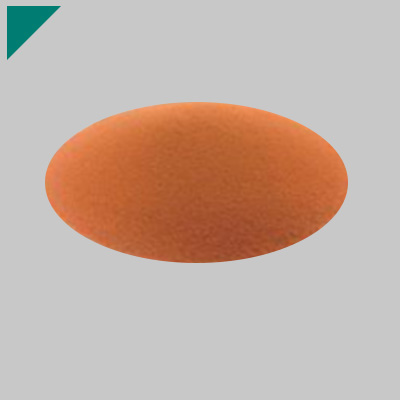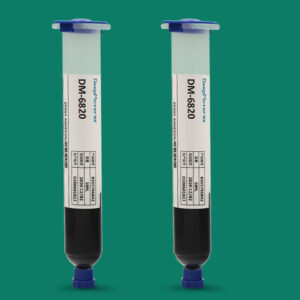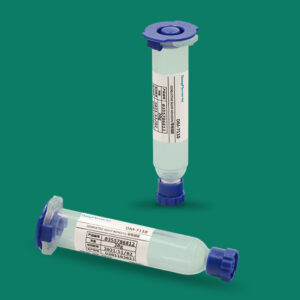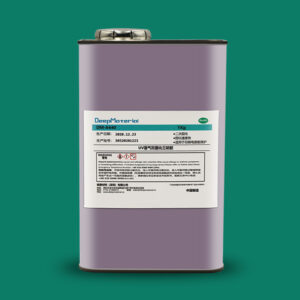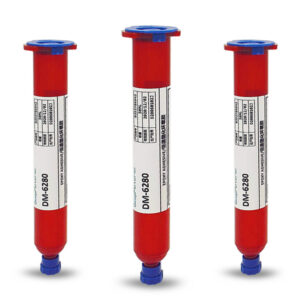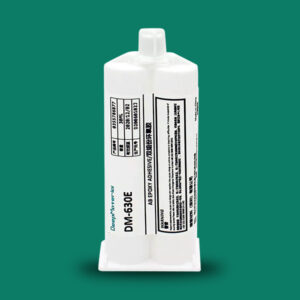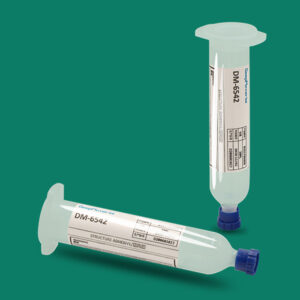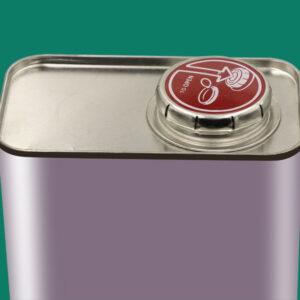Best Epoxy Adhesive for Metal to Metal: A Comprehensive Guide
Best Epoxy Adhesive for Metal to Metal: A Comprehensive Guide
Epoxy adhesives are one of the most reliable bonding solutions for metal-to-metal applications. Whether you’re working on a DIY project, an industrial task, or heavy machinery, using a suitable adhesive can make a significant difference in the performance and durability of your work. Metal surfaces often require adhesives that can withstand high stress, extreme temperatures, and chemical exposure, so epoxy adhesives are an ideal choice. This guide will explore the best epoxy adhesives for metal-to-metal bonding, how they work, and critical factors to consider when choosing the right one for your needs.
What is Epoxy Adhesive?
Epoxy adhesives are a type of synthetic resin that, when mixed with a hardener, forms a strong, durable bond. They offer excellent resistance to environmental conditions, making them ideal for indoor and outdoor applications. For metal bonding, epoxy adhesives are particularly effective because they:
- Provide high tensile strength and shear resistance
- Are resistant to corrosion, chemicals, and solvents
- Can bond dissimilar metals or metal alloys
- Withstand extreme temperatures and harsh conditions
Key Factors to Consider When Choosing Epoxy Adhesive for Metal
Before selecting an epoxy adhesive, it’s essential to consider the specific requirements of your project. Here are some critical factors to evaluate:
1. Strength and Durability
The strength of the adhesive is crucial, especially when bonding metal surfaces that will be exposed to high-stress or load-bearing applications. The adhesive should provide a bond that can withstand tension, pressure, and impact.
- Look for an epoxy with a high tensile strength rating (measured in PSI).
- Choose a durable adhesive that can handle the wear and tear of your application.
2. Temperature Resistance
Depending on the environment, metal surfaces can experience significant temperature fluctuations. Therefore, it is essential to select an epoxy adhesive that can endure high heat or freezing conditions without losing its bonding properties.
- Choose epoxies with high-temperature resistance, especially for industrial or automotive applications.
- Ensure the adhesive remains stable in extreme cold or heat (some can withstand temperatures up to 200°F or more).
3. Cure Time
Cure time refers to the amount of Time it takes for the epoxy to harden and form a secure bond. Depending on the complexity of your project, the cure time can vary from a few minutes to several hours.
- Fast-curing epoxies are suitable for quick repairs or small tasks.
- Slower-curing adhesives are often more robust and ideal for long-lasting, heavy-duty applications.
4. Resistance to Chemicals and Moisture
Industrial or outdoor environments often expose metal surfaces to chemicals, water, or moisture. Therefore, the adhesive must resist such elements to maintain a strong bond.
- Select an adhesive that offers good chemical and moisture resistance.
- Ensure the epoxy is corrosion-resistant to protect against rust or oxidation in wet environments.
5. Application Method
Epoxy adhesives come in different forms, including liquid, paste, and gel. The application method can influence how easily the adhesive spreads and bonds the metal surfaces.
- Liquid epoxies are easy to apply and spread over large surfaces.
- Paste or gel epoxies are ideal for vertical applications or uneven surfaces to prevent dripping.
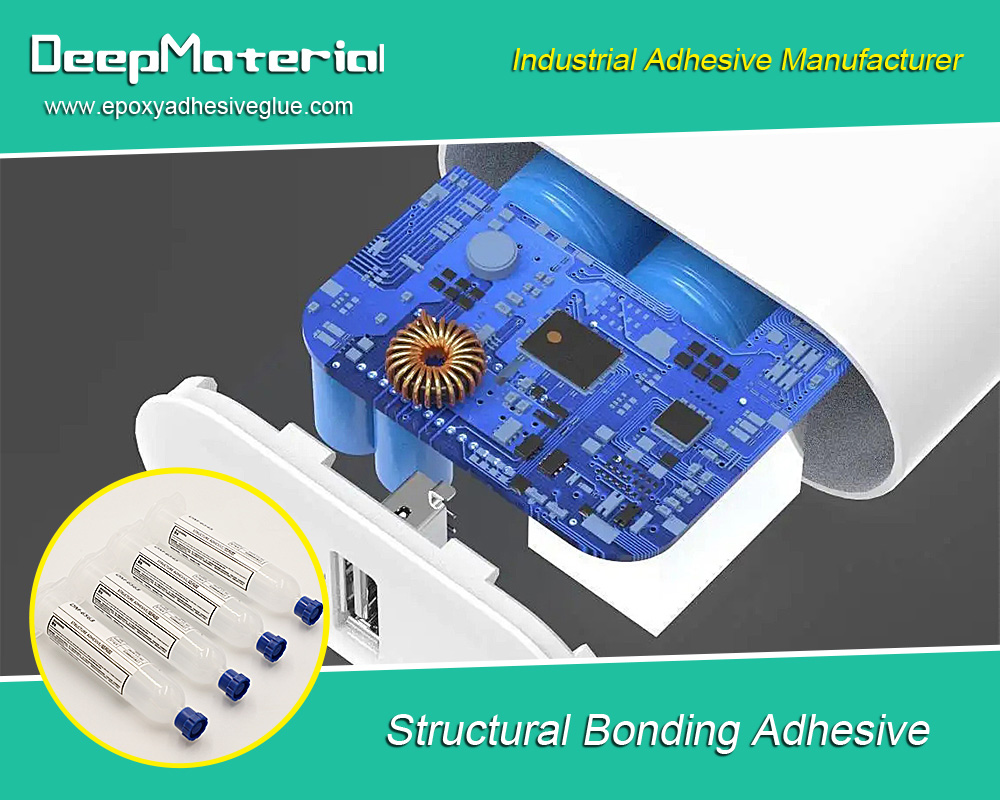
Top Epoxy Adhesives for Metal to Metal Bonding
Now that we understand the key factors let’s look at some of the best epoxy adhesives for metal-to-metal bonding. These adhesives offer excellent performance, durability, and ease of use.
1. J-B Weld Original Cold-Weld Epoxy
J-B Weld is one of the most famous names in epoxy adhesives. It is known for its solid and durable bonds on metal surfaces. The Original Cold-Weld Epoxy is specifically designed for bonding metal to metal and provides a permanent solution for high-stress applications.
Features:
- Tensile strength: 3960 PSI
- Resistant to high temperatures (up to 550°F)
- Cures in 4-6 hours, entirely set in 15-24 hours
- Can be sanded, shaped, and painted after curing
- Ideal for automotive, plumbing, and heavy-duty repairs
Pros:
- High tensile strength for strong bonds
- Temperature and chemical-resistant
- Easy to apply and versatile
2. Loctite Epoxy Metal/Concrete
Loctite Epoxy Metal/Concrete is another strong contender for metal bonding. It offers a tough bond and is ideal for repairing or rebuilding metal surfaces.
Features:
- Tensile strength: 3500 PSI
- Cures in just 5-10 minutes
- Resistant to water, chemicals, and temperature extremes
- Ideal for metal, concrete, and masonry bonding
Pros:
- Fast curing time
- Works well on a variety of surfaces
- High chemical resistance
3. Gorilla Heavy Duty Epoxy
Gorilla is another trusted brand of epoxy adhesives. Gorilla Heavy Duty Epoxy is known for its versatility and strength, making it suitable for bonding metal to metal and other materials.
Features:
- Tensile strength: 3300 PSI
- Sets in 5 minutes and fully cures in 24 hours
- Water-resistant and durable for outdoor use
- Dual syringe application for easy mixing
Pros:
- Easy to apply and fast-setting
- Suitable for a wide range of applications
- Waterproof and durable in harsh environments
4. Permatex 84209 PermaPoxy 4-Minute Multi-Metal Epoxy
Permatex 84209 is designed for bonding metals, providing a quick, permanent bond. It’s ideal for DIY and industrial applications where quick repair is needed.
Features:
- Tensile strength: 4500 PSI
- Sets in 4 minutes, fully cured in 24 hours
- Resistant to water, solvents, and fuel
- Works well on all metal surfaces, including aluminum and steel
Pros:
- Very fast-setting for immediate repairs
- High tensile strength for heavy-duty applications
- Resistant to chemical exposure
5. Devcon 2-Ton Epoxy
Devcon 2-Ton Epoxy is another high-strength adhesive designed for metal bonding. It’s highly durable and resistant to environmental factors, making it a reliable choice for long-lasting bonds.
Features:
- Tensile strength: 2500 PSI
- Sets in 30 minutes, fully cured in 8-12 hours
- Resistant to water, chemicals, and solvents
- Can be sanded and painted after curing
Pros:
- Strong, durable bond
- Versatile and can be used for various applications
- Resistant to environmental factors
How to Use Epoxy Adhesive for Metal-to-Metal Bonding
To ensure the best results when using epoxy adhesive for metal-to-metal bonding, follow these simple steps:
- Prepare the Surface:Clean the metal surfaces thoroughly to remove dirt, grease, or rust. Use a wire brush or sandpaper to roughen the surfaces for better adhesion.
- Mix the Epoxy:Follow the manufacturer’s instructions to mix the resin and hardener in the correct ratio. Use a disposable mixing tool and mix thoroughly until the components are well-blended.
- Apply the Adhesive:Spread the epoxy evenly on one or both metal surfaces using a spatula or applicator. Ensure that the adhesive is applied in a uniform layer to avoid air bubbles.
- Cure:Allow the adhesive to cure according to the manufacturer’s guidelines. Depending on the epoxy, this could take a few minutes to several hours.
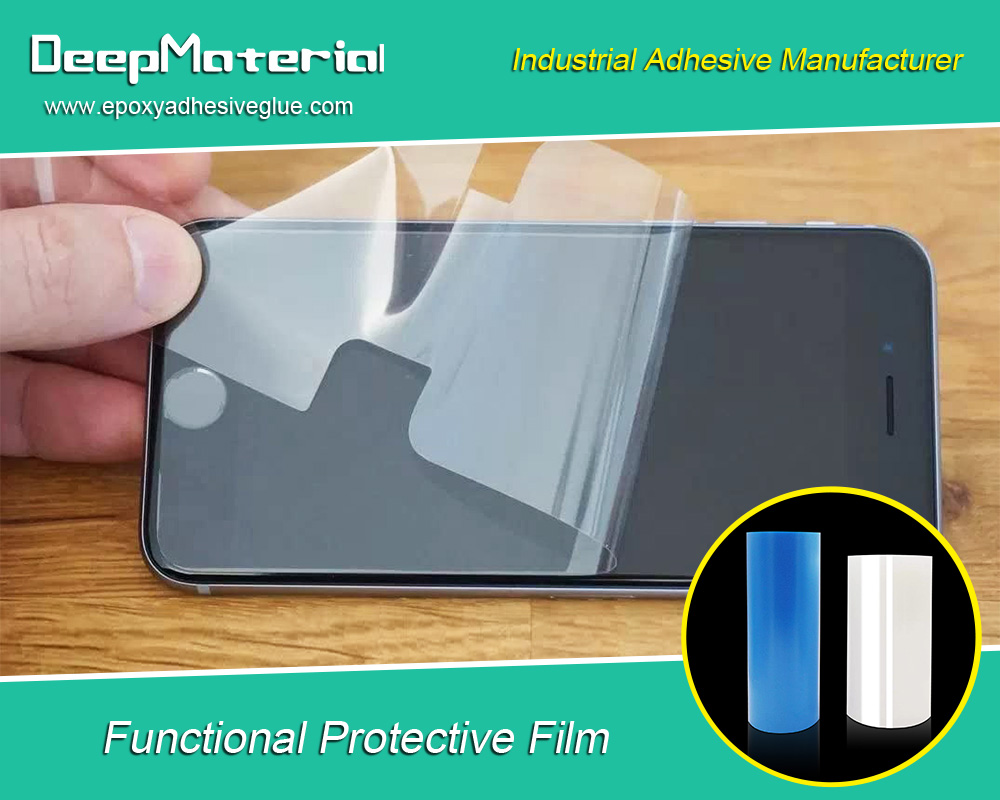
Conclusion
Choosing the best epoxy adhesive for metal-to-metal bonding depends on your project’s requirements. Whether you need high strength, quick curing time, or resistance to extreme conditions, there are various epoxy options to suit your needs. Brands like J-B Weld, Loctite, Gorilla, Permatex, and Devcon offer reliable solutions for different applications. By considering factors like strength, temperature resistance, and cure time, you can ensure a successful bond lasting for years.
For more about choosing the best epoxy adhesive for metal to metal: a comprehensive guide, you can pay a visit to DeepMaterial at https://www.epoxyadhesiveglue.com/category/epoxy-adhesives-glue/ for more info.



